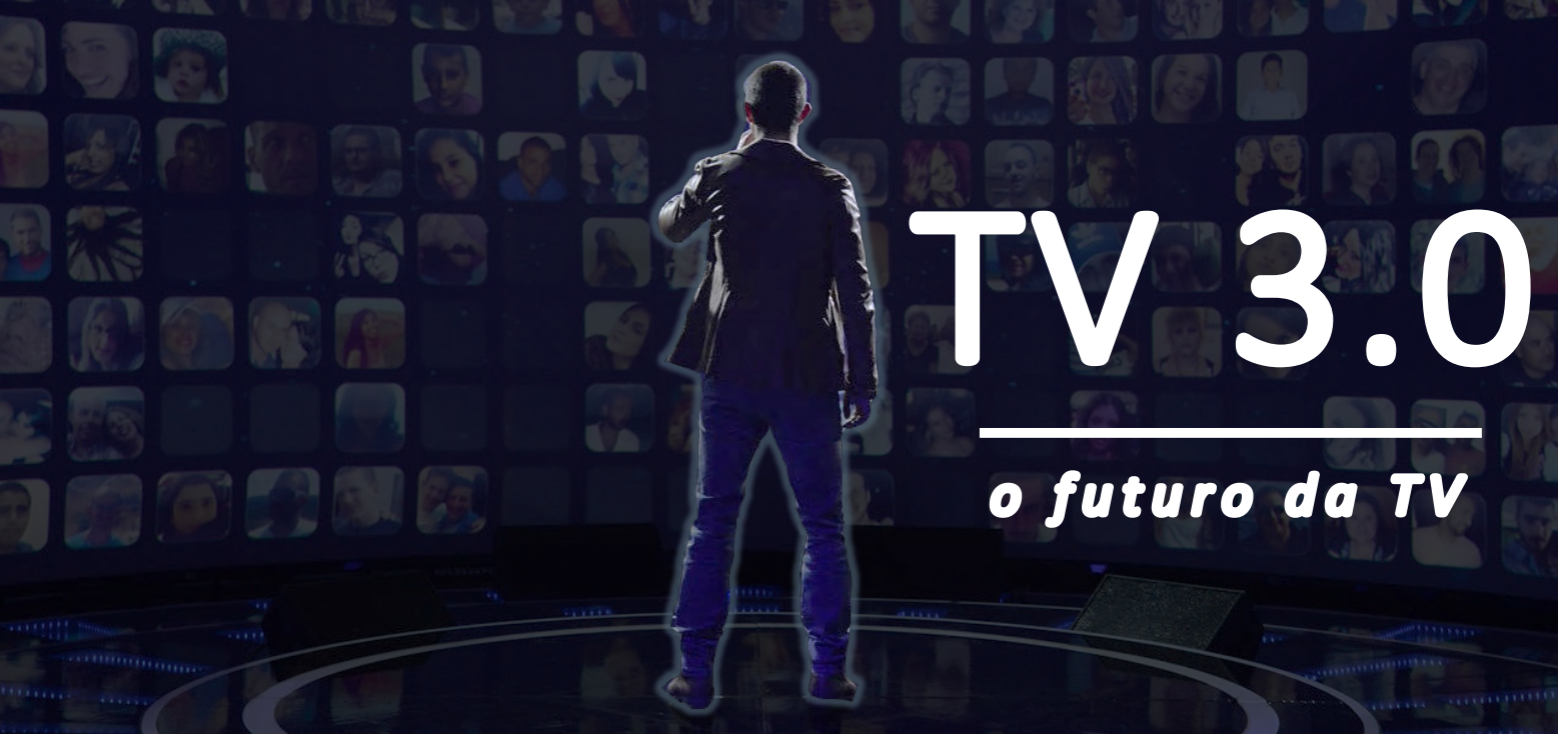TV 3.0 Project participates in seminar to present results to MCom
On the 3rd and 4th of April, the TV 3.0 project, an initiative of the Ministry of Communications (MCom), with the third phase being carried out by the Brazilian Digital TV System Forum (SBTVD) and supported by RNP, will hold a seminar in Brasília to present the results obtained to date. The work aims to develop new technologies to improve the quality of transmission, audio, video and the experience for viewers, integrating broadcasting and broadband, thus seeking to keep open television up to date and relevant to the Brazilian population.
The event's program will include roundtables, lectures and panels on the inputs resulting from the research carried out by the Working Groups (WGs) and, specifically on the afternoon of the first day of the meeting, demonstrations of each of them will take place. See what they are:
Demonstration on TV 3.0 video resources: Simone Ferrara (V-Nova)
Demonstration on TV 3.0 audio and interactivity resources: Gabriel Thomazini (Fraunhofer IIS) and David Britto Jr. (Mirakulo)
RECORD demonstration - A Fazenda: Sergio Santoro
GLOBO demonstrations - Targeted advertising, interactivity, UI & UX: Leandro Gejfinbein
Multiplexer/Demultiplexer: Cristiano Akamine (Mackenzie)
Video Evaluation: Eduardo Peixoto (UnB)
Application-oriented TV: Marcelo Moreno (UFJF)
Accessibility and Emergency Alerts: Guido Lemos (UFPB)
Segmented and personalized programming: Paulo Lima (PUC-Rio)
Sensory effects, multimodal interaction and virtual reality: Pedro Valentim (UFF)
Coordinator of the R&D team in Application Coding in the project, formed by 40 researchers from different universities (UFJF, UFMA, UFPB, PUC-Rio, UFF, CEFET/RJ), the professor at the Federal University of Juiz de Fora, Marcelo Moreno, believes that the seminar with the MCom “brings excellent opportunities for the exchange of information, opinions and experiences between academia, industry, regulatory entities and public policy definition. Firstly, it is about reporting to society on the results and advances achieved, based on the applied scientific methodology and the commitment to contributing to the state of the art in the areas of broadcasting and multimedia. And, just as important, to promote an open and encouraged debate, with the varied profiles of professionals involved in the event, so that we can obtain new and important inputs for improvements and developments on our findings, which will culminate, at the end of this year, in the definition of the normative specifications of the new Brazilian digital terrestrial TV system, by the SBTVD Forum and the MCom itself”.
In RNP's view, the meeting with MCom “is an opportunity to strengthen RNP's relationship with the researchers involved and the Ministry itself, continuing a partnership that began in 2006 when RNP encouraged the formation of several Digital TV research networks that formed many of the laboratories and groups that today work with TV 3.0”, highlights Adriano Adoryan, solutions manager responsible for the TV 3.0 project.
More independence for the viewer
Regarding the work developed so far by his team, Professor Moreno highlights the attention given to the viewer's journey, in order to guarantee the best possible experience for users of the next generation of TV in Brazil.
“Since we began the project, we have seen the great importance of quickly developing and demonstrating proof of concept that would enable the relevant implementation of the new experiences expected for the next generation of digital terrestrial TV, TV 3.0. This is because, in the new system, the application support layer plays a real leading role in the final delivery of such experiences. We are talking about use cases such as personalized programming, building viewer profiles, new types of interaction, delivering accessibility content to secondary devices, synchronization with immersive content such as spatial audio, virtual reality and sensory effects, among others. All of these new use cases can only be orchestrated and delivered by the new generation of TV if we move towards a new paradigm, in which the viewer experience is entirely guided by applications. At this point specifically, we had a fundamental contribution from RNP (which always went far beyond the role of project manager) by making its team of design thinking experts available to conduct sessions with our researchers, so that, together, we could outline a viewer's journey that is viable for different personas, amid this paradigm shift.
* The seminar will be broadcast on MCom's YouTube channel.
